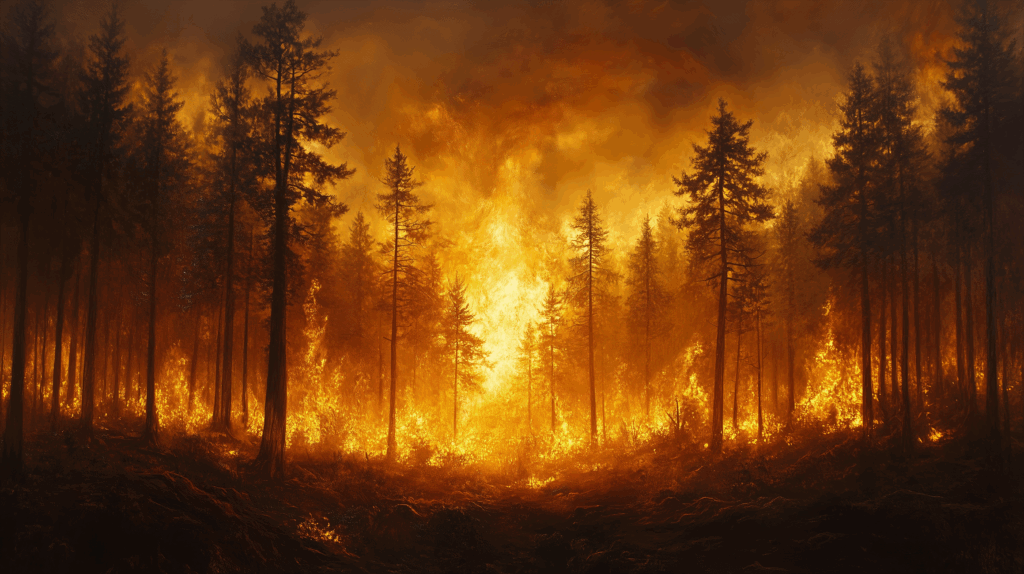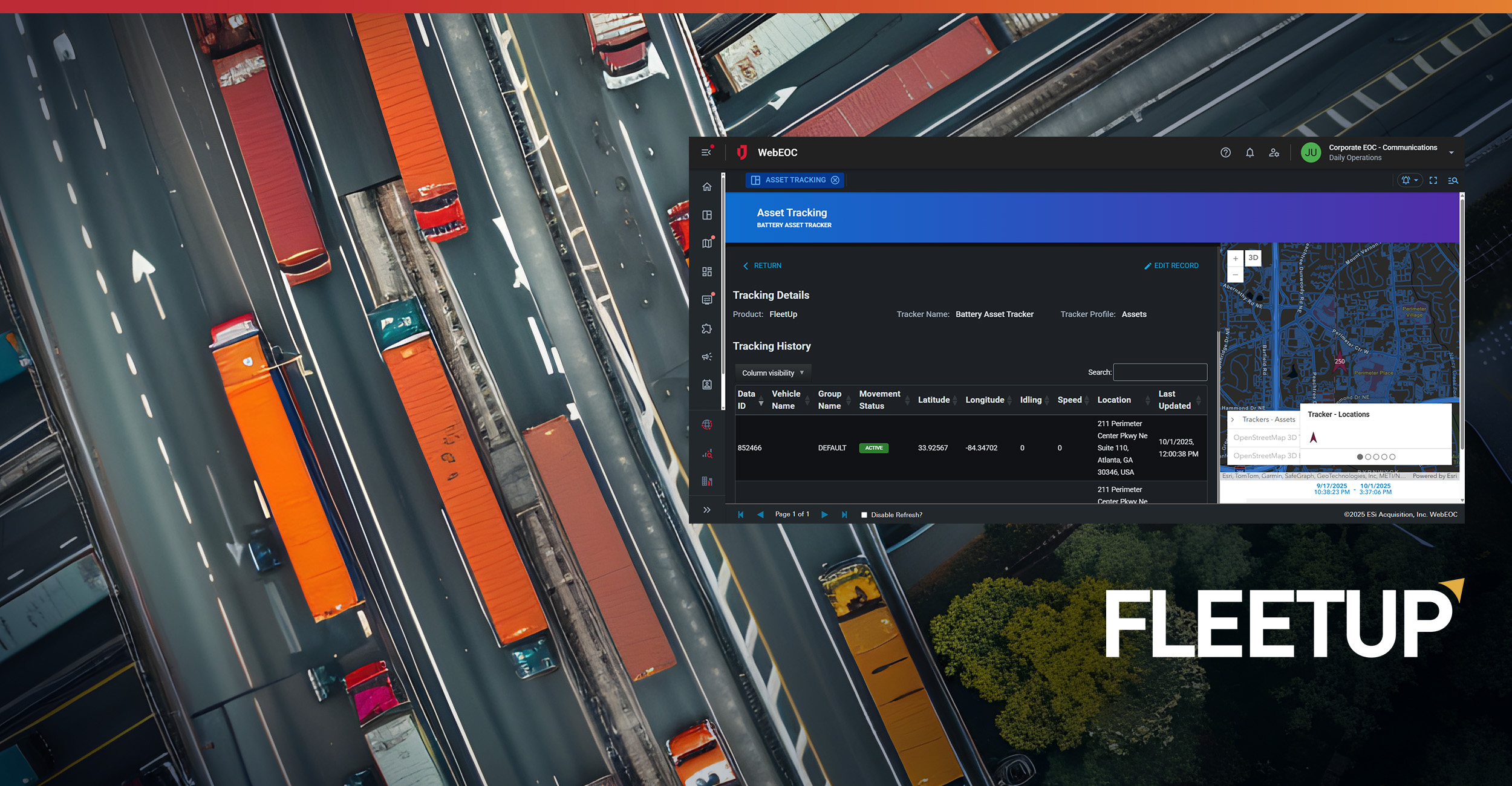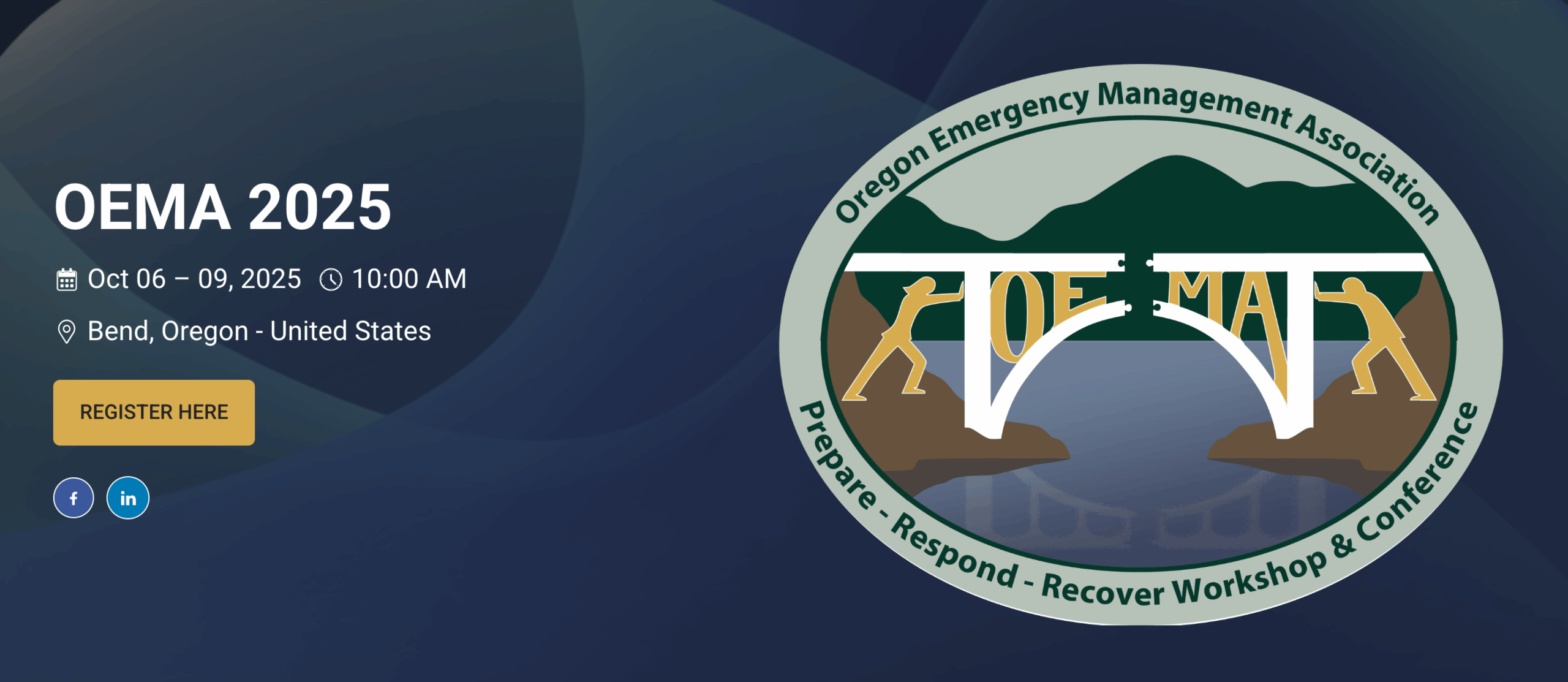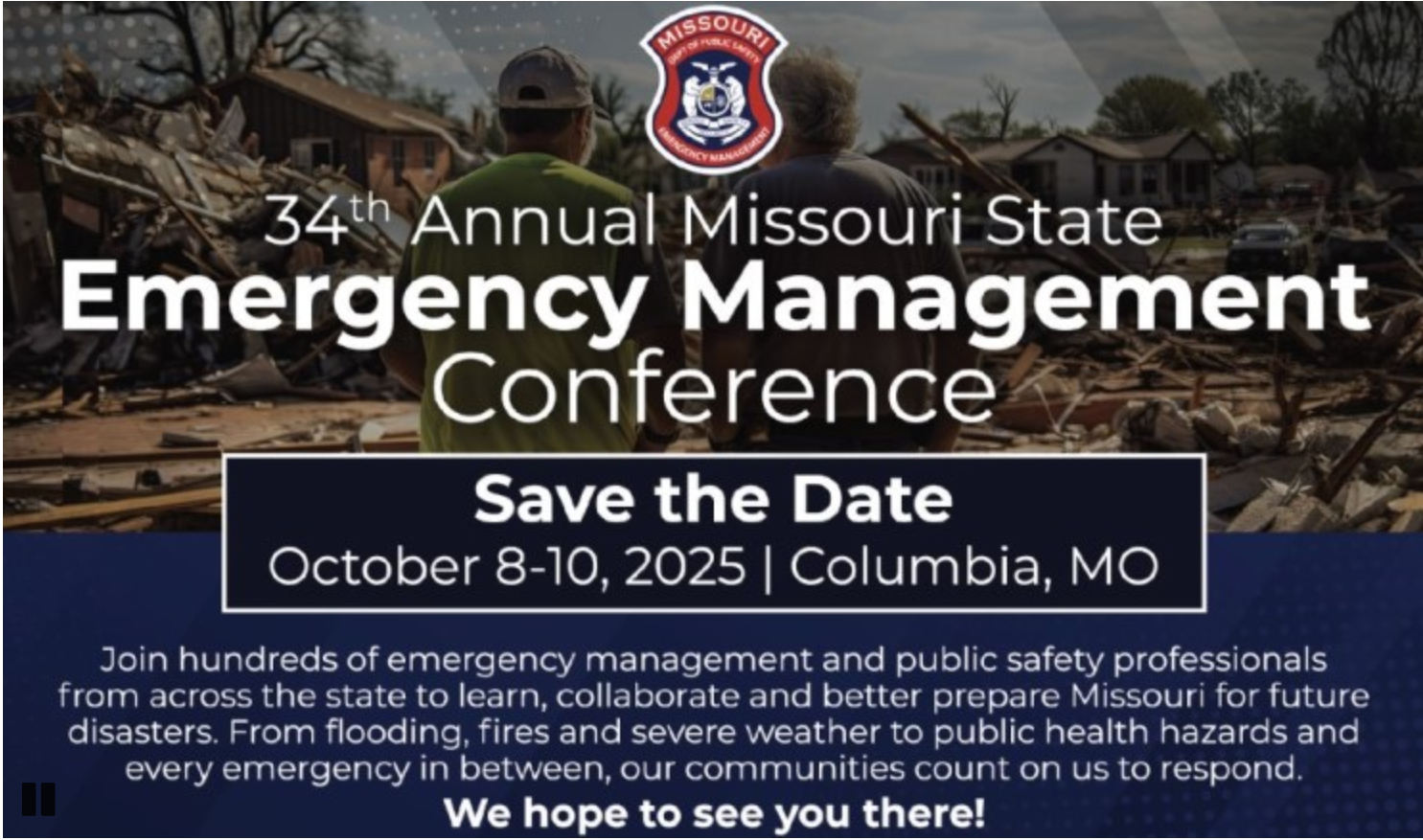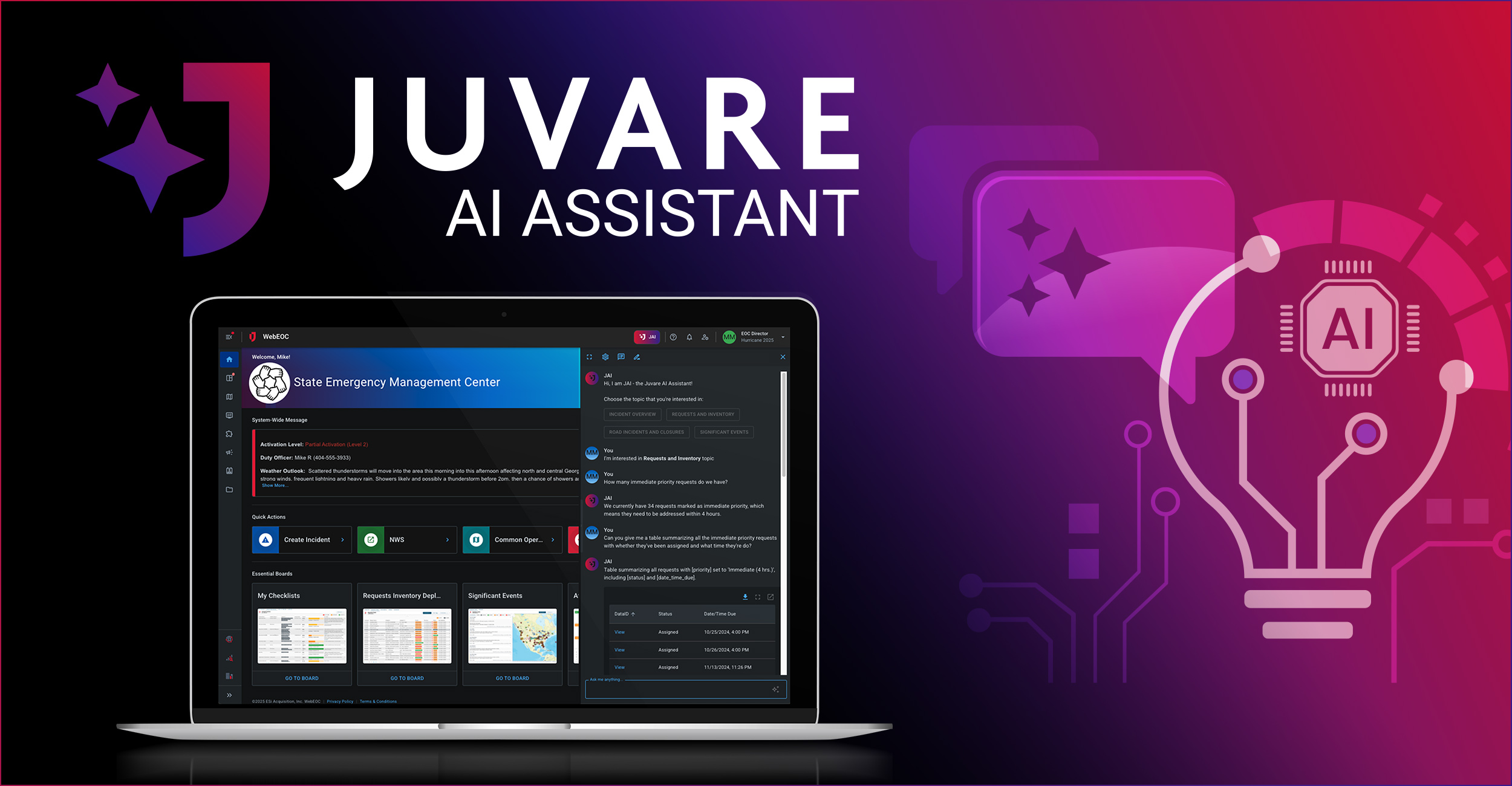Wildfire season has arrived across the U.S. and Canada, and unfortunately wildfire events do not appear to be subsiding in severity or frequency compared to years past.
Heat waves, prolonged drought, and high winds have created the perfect conditions for fast-moving fires, and the effects are already being felt coast to coast.
In California, the Gifford Fire has scorched more than 130,000 acres in Los Padres National Forest, triggering widespread evacuations and blanketing cities in smoke. Meanwhile, wildfires are burning across four national parks, including Grand Canyon National Park, where the Dragon Bravo Fire has become the largest of the year. The North Rim Lodge has been lost, and air quality across the region is in decline.
In Canada, over 13 million acres have burned, with smoke traveling across the border and triggering air quality alerts in major U.S. cities. Combined with severe firefighter shortages and resource strain, these incidents mark a turning point in how fire seasons are understood, managed, and responded to.
Climate Trends and Fire Behavior Are Changing
While some of these wildfires have been caused by lightning, others are spreading due to dangerously dry vegetation and extreme heat. Scientists point to La Niña-like conditions and declining soil moisture across the West and Southwest as key drivers.
Meteorologists and fire analysts now warn of an extended fire season, lasting well into November, especially for the Southeast and Mid-Atlantic. With fires burning hotter and longer, and extreme weather becoming more common, emergency managers must move quickly and collaboratively to respond.
Technology Built to Serve Those Who Serve
At Juvare, we believe that technology should empower emergency managers and responders. When every second counts and the safety of entire communities is on the line, the tools responders use must rise to the moment.
Our wildfire response tools aren’t just software, they’re solutions built to support the people doing the hard work on the ground. Here’s how we’re helping response agencies across North America navigate the 2025 fire season:
Wildfires don’t wait. SenseNet detects smoke, heat, and gas changes in real time—often before 911 calls are made. By alerting responders early, SenseNet helps minimize spread and gives teams a crucial head start. Integrated directly into WebEOC, these alerts become part of a broader, shared picture of the incident; giving agencies time, clarity, and coordination when they need it most.
When everything is moving fast, WebEOC Nexus brings calm to the chaos. Fire crews, public health, law enforcement, and emergency managers use it to share updates, manage logistics, issue evacuation orders, and align their response. In wildfires like the Gifford Fire, where smoke, heat, and terrain complicate everything, WebEOC Nexus helps ensure that no critical detail falls through the cracks.
Smoke and darkness don’t stop ICEYE. These powerful radar satellites deliver close to real-time imagery even when visibility is near zero. That means teams can track fire spread, assess damage, and locate safe zones, all from above. And because ICEYE imagery flows directly into WebEOC and Crisis Track, response plans can adapt in real time, based on the clearest picture possible.
After the fire moves on, the work is just beginning. Crisis Track supports damage assessment, shelter tracking, and individual assistance workflows, so communities can begin recovery sooner. It streamlines FEMA reporting and ensures local governments have the documentation they need to rebuild
Helping You Stay Ahead, Together
The 2025 wildfire season has already proven that traditional response methods are no longer enough. Our mission is to equip emergency managers with the tools they need to make faster, smarter, more collaborative decisions—because behind every alert is a life, a family, a home.
From early detection to coordinated response and long-term recovery, Juvare is here to help you protect what matters most.
Want to learn more about how our solutions support wildfire response? Request a demo today.
